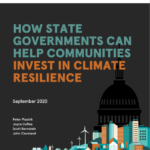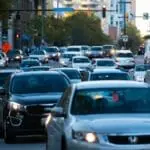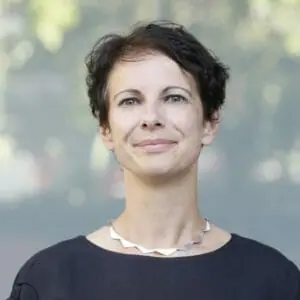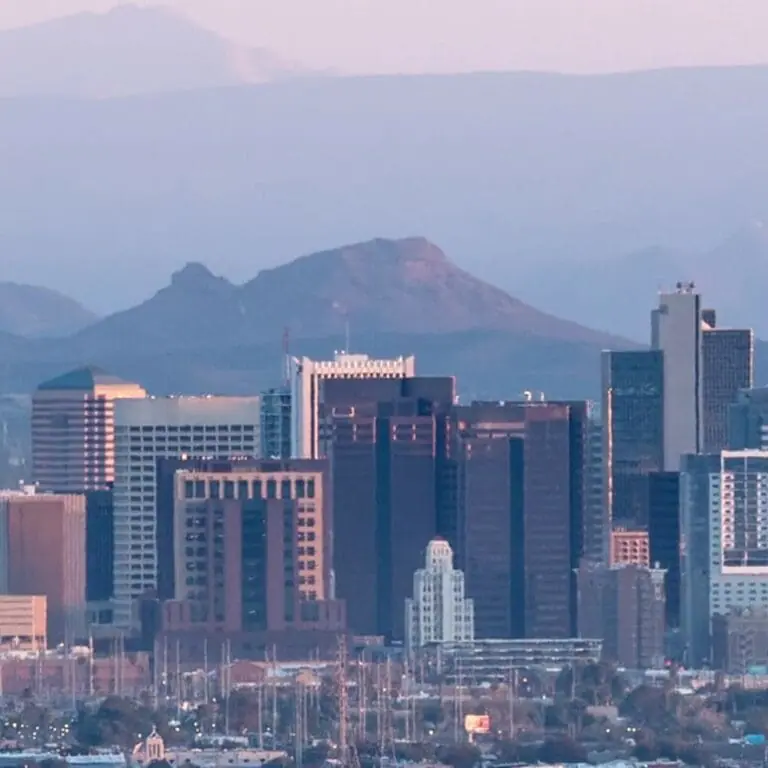SDG 11 - Sustainable Cities

UREx SRN Inspires Greylit Research into City and State Resilience Finance
The UREx SRN recently supported a pinnacle webinar that profiled two UREx-derived research projects focused on building practitioner resilience. 500 participants attended the day-of event and at least as many

Stories of our shared climate future: San Juan
The StoryMap platform includes syntheses for coastal, riverine, and urban flood scenarios as well as the three transformative visions developed during the UREx San Juan 2080 scenario workshops.

New paper: Urban ecological infrastructure for biocultural services
A new study by CAP LTER sustainability scientists evaluated how Phoenix residents perceive and value urban ecological infrastructure (UEI). This research can help urban planners, landscape architects, etc., create UEI that people enjoy and that has biological value.
Oct. 15: How Vulnerable is our Infrastructure in a Changing Climate?
Join us via Zoom as sustainability scientist Mikhail Chester discusses the vulnerability of infrastructure to climate change and the challenges of designing systems for deep uncertainty. Sustainability scientist Margaret Garcia will moderate the audience Q & A following the presentation.
Binational discussion on urban mobility of the future
What has the pandemic taught us about the inequities cemented into our city streets and transit systems, and where do we go from here? On Sept. 22, join ASU and Instituto Mexicano para la Competitividad for a discussion of the future of urban mobility.

Broadbent, Georgescu explore humans’ exposure to future extreme temperatures
The researchers used state-of-the-art modeling tools to analyze how three key variables -- climate change, urban development and population change -- would affect human exposure to extreme temperatures from the beginning of this century to its end.

Affirmatively Furthering Fair Housing act important for socially diverse neighborhoods
Sustainability scientist Deirdre Pfeiffer explains the history of the AFFH, what she views as its strengths, her concerns about its repeal, and how local municipalities can continue making progress toward creating inclusionary and equitable neighborhoods despite the repeal.

Chester comments on climate change and our already-taxed infrastructure
"We need to fundamentally reassess what our systems need to be able to deliver, and under what conditions," said sustainability scientist Mikhail Chester in an August 8 article in the Washington Post.
ASU, Zimin Foundation partner for future of urban tech
The new Zimin Institute for Smart and Sustainable Cities will help support applied research projects to drive a people-centric vision for the future of cities.

Bowman helping Phoenix become a top tech-driven “smart region.”
Although the work is inherently multifaceted and complex, The Connective’s overarching goal is simple: to work together in implementing technology to improve the quality of life for people living and working in the Greater Phoenix region.

Call for projects: Project Cities seeks solutions-focused class projects
Bring project-based learning into your classroom with support from ASU Project Cities. This university-community partnership model offers ample opportunities for meaningful, applied research. This year's city partners are Peoria and Clarkdale.

With the help of ASU, city of Phoenix developing solutions to cool down
Sustainability scientist David Hondula was interviewed by the Washington Post. The article details the intersection between heat and health, and explains why low-income communities are hit particularly hard by extreme heat.